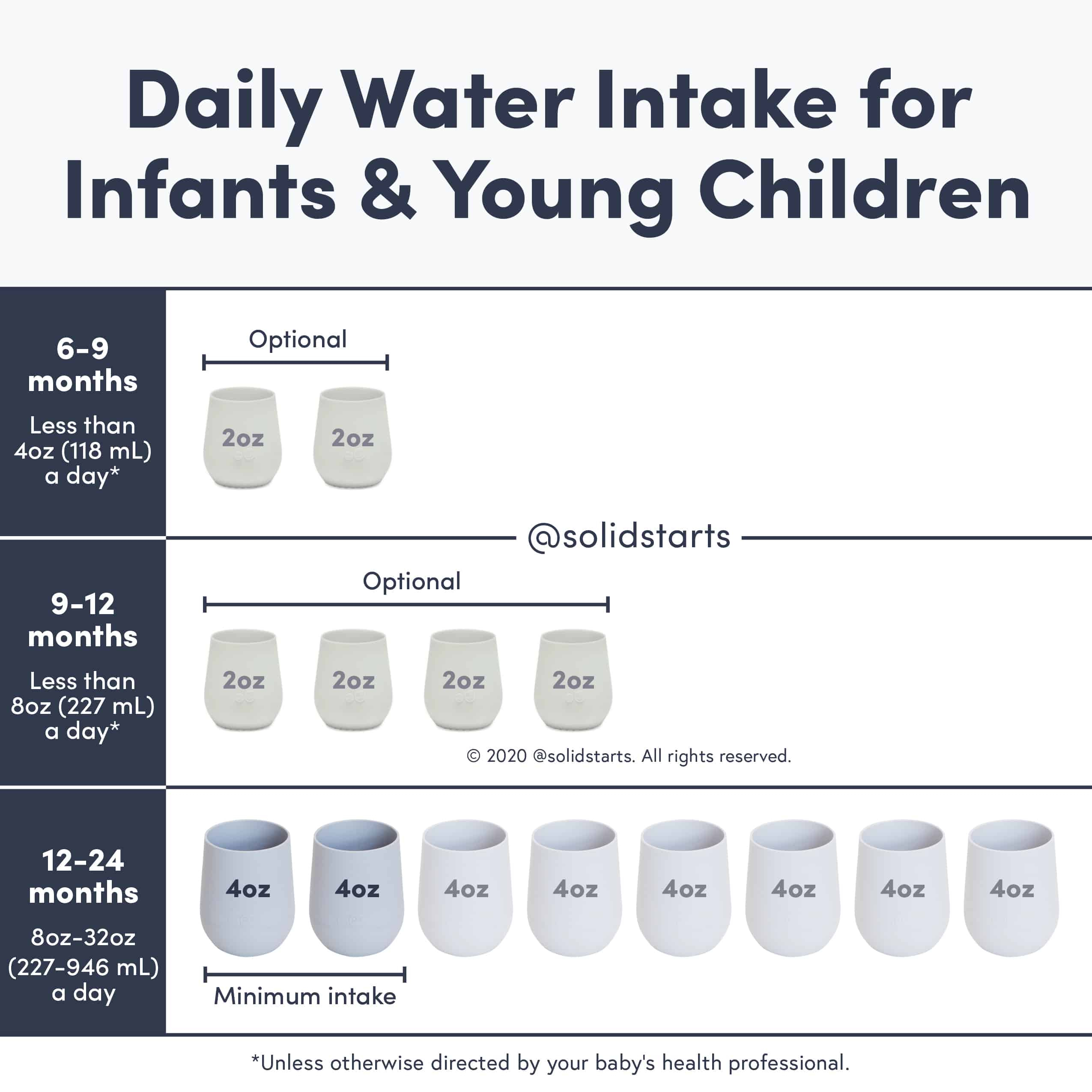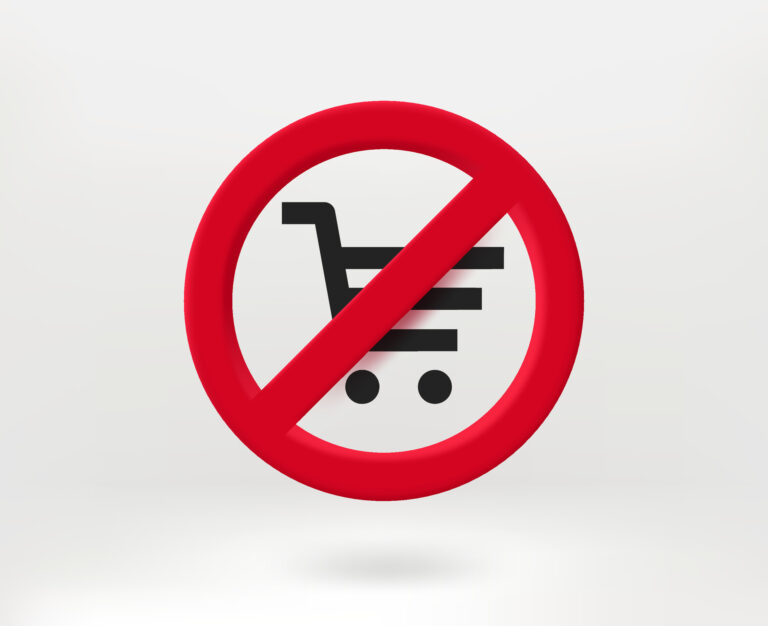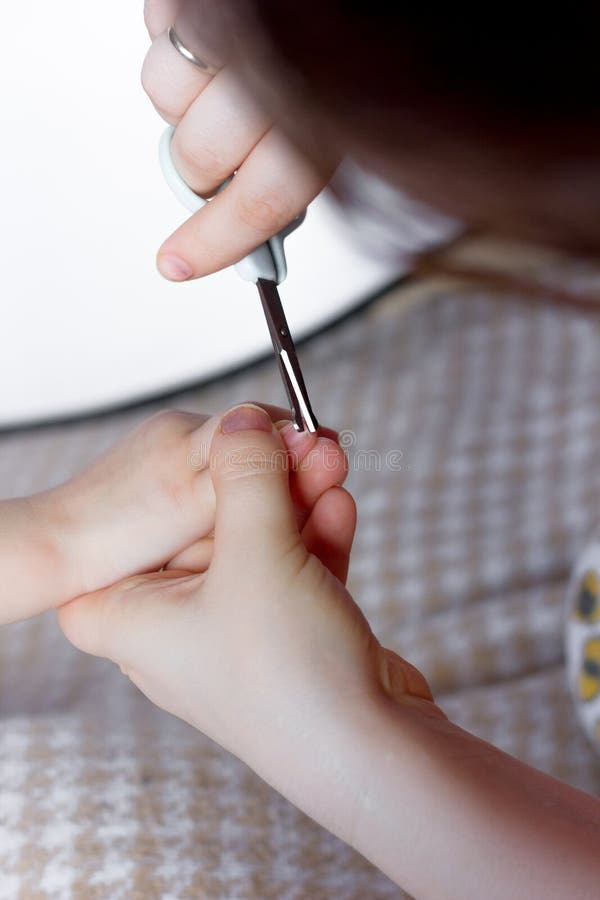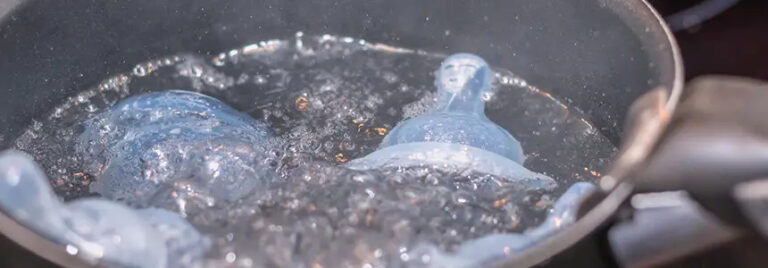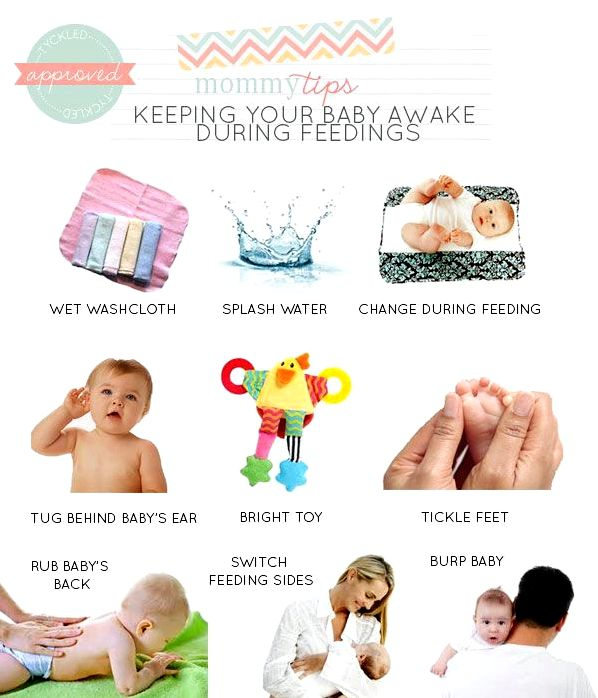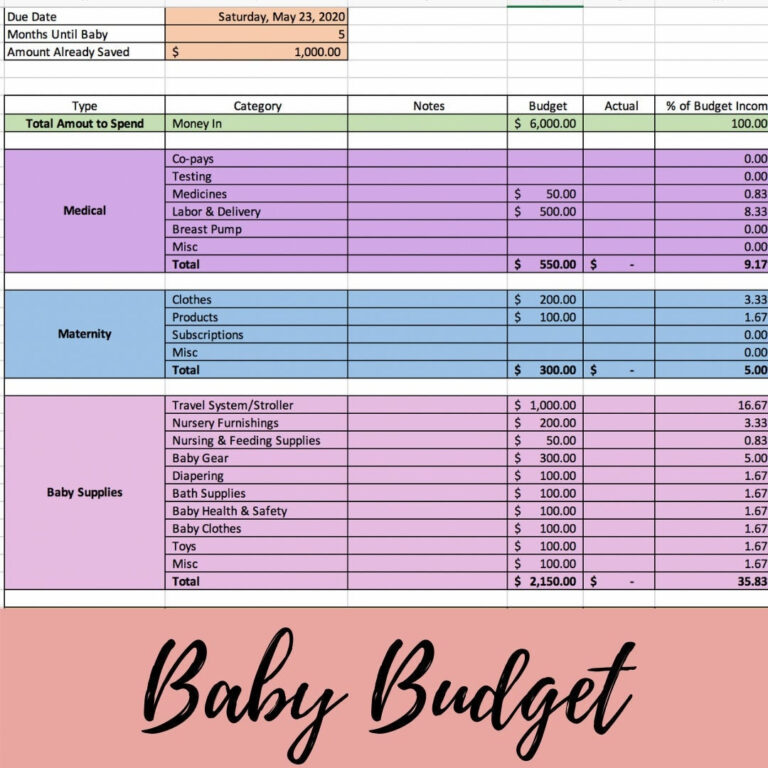When Can A Baby Have Water: A Comprehensive Guide
As a parent, one of the many questions that may come to mind is when can a baby have water? This topic is crucial as it involves the health and well-being of your little one. In this article, we will delve into the guidelines and recommendations regarding when it is safe for babies to start drinking water. Let’s explore this important aspect of infant care together.
Knowledge
When it comes to babies and water consumption, the general rule of thumb is that exclusive breastfeeding or formula feeding provides infants with all the necessary hydration and nutrients for the first six months of life. During this period, babies do not need additional water as breast milk or formula meets their requirements.
Introducing water too early can fill up your baby’s tummy, leading to reduced intake of breast milk or formula, which are more important for their growth and development. Water may also interfere with the absorption of essential nutrients from breast milk or formula, potentially causing nutritional deficiencies.
As babies grow older and start consuming solid foods, usually around six months of age, they may begin to show signs of thirst. At this stage, you can offer small amounts of water in a cup or a sippy cup. It is essential to provide water in a safe and controlled manner to prevent choking hazards.
When offering water to your baby, ensure that it is clean and safe for consumption. Avoid adding any sweeteners, juices, or other additives to the water as this can lead to unnecessary sugar intake. Plain water is the best choice for keeping your baby hydrated.
It is important to note that every baby is different, and their water needs may vary. Pay attention to your baby’s cues and consult with your pediatrician if you have any concerns about their hydration or water intake. Your pediatrician can provide personalized recommendations based on your baby’s growth and development.
Conclusion
In conclusion, the question of when can a baby have water is an important one for parents to consider. Following the guidelines of exclusive breastfeeding or formula feeding for the first six months of life is crucial for your baby’s health and well-being. As your baby transitions to solid foods, you can introduce small amounts of water to meet their hydration needs.
Remember to offer water in a safe and controlled manner, avoiding any additives or sweeteners. Pay attention to your baby’s cues and consult with your pediatrician if you have any concerns. By following these recommendations, you can ensure that your baby stays hydrated and healthy throughout their development.
Ultimately, the well-being of your baby is of utmost importance, and providing them with the right amount of water at the appropriate age is a key part of their care. Stay informed, be attentive to your baby’s needs, and seek guidance from healthcare professionals when needed to ensure that your baby thrives and grows into a healthy individual.
